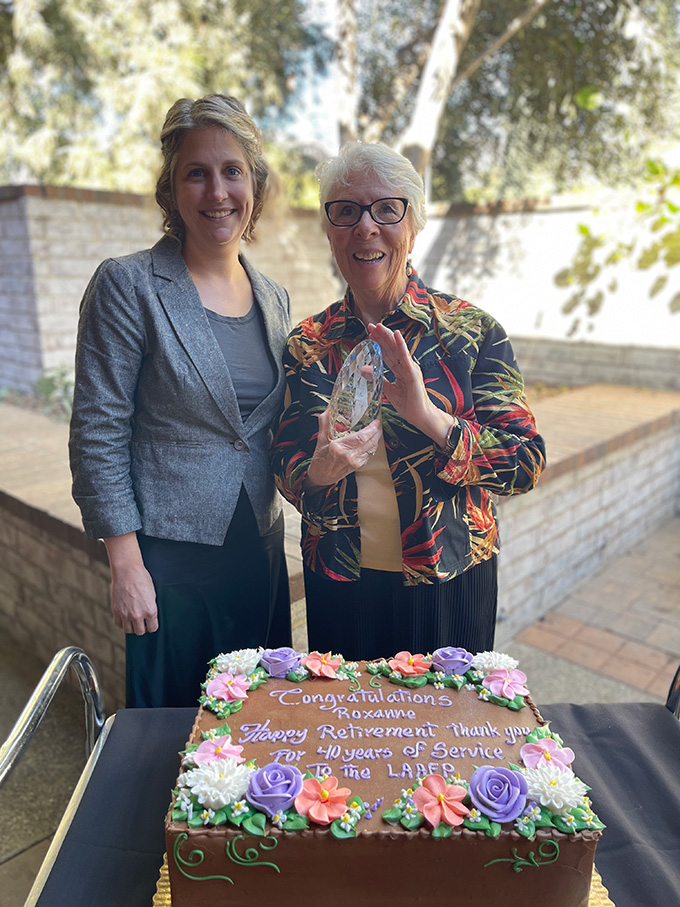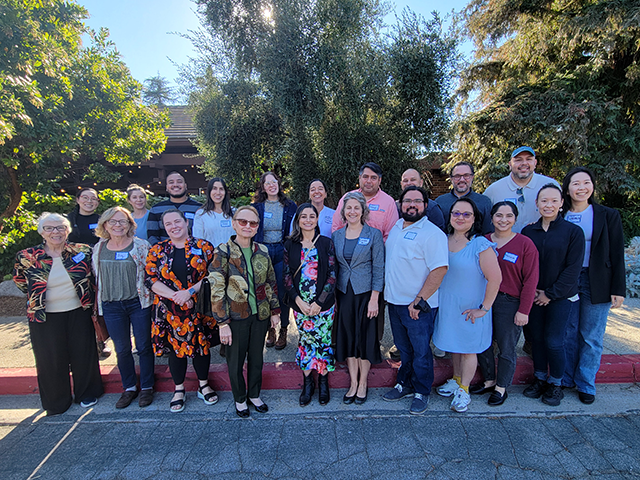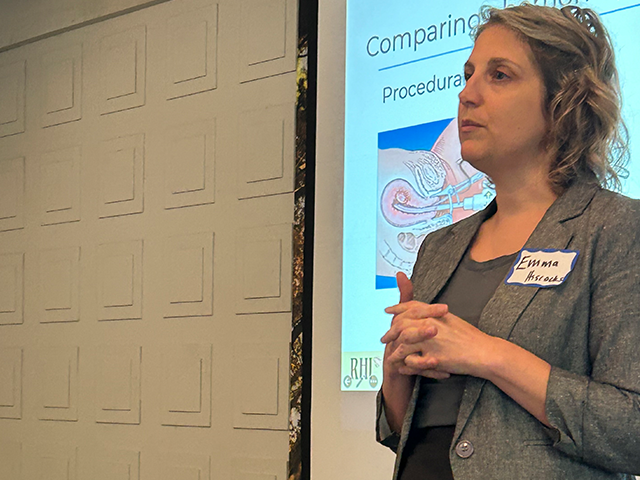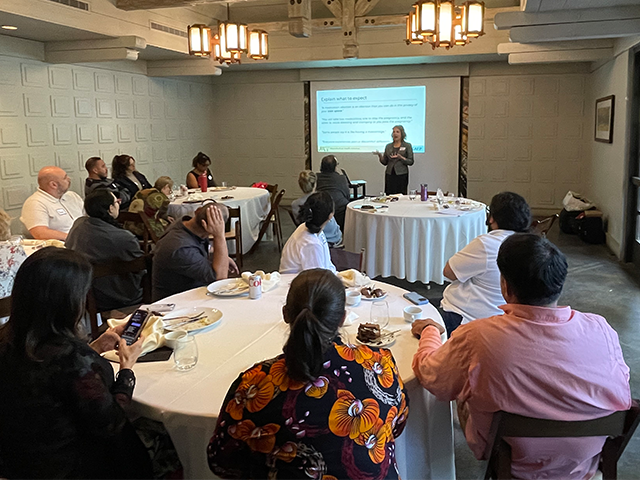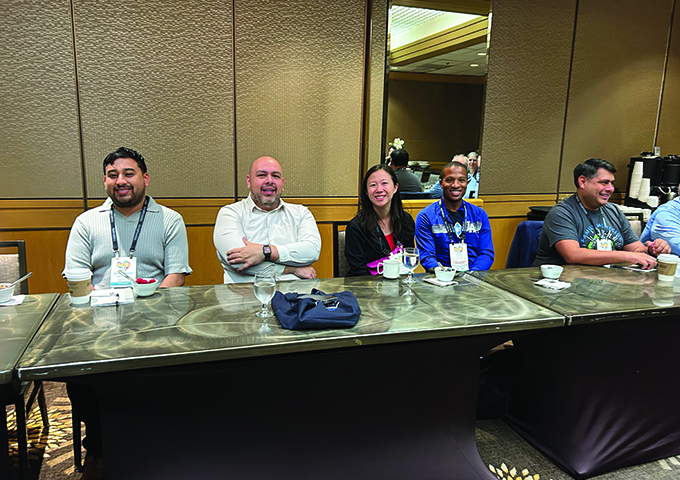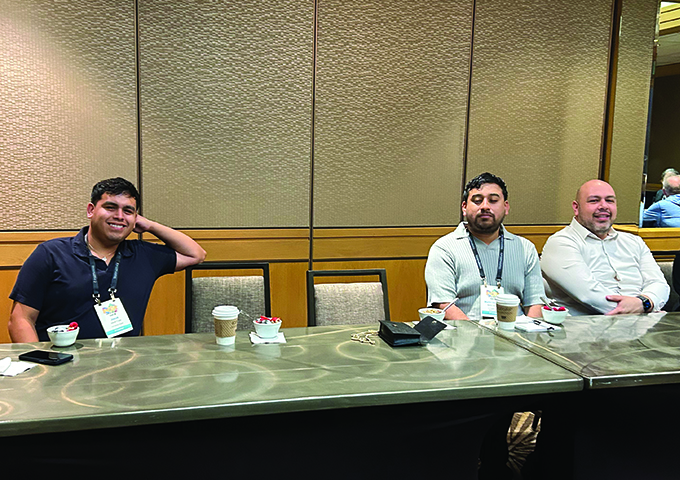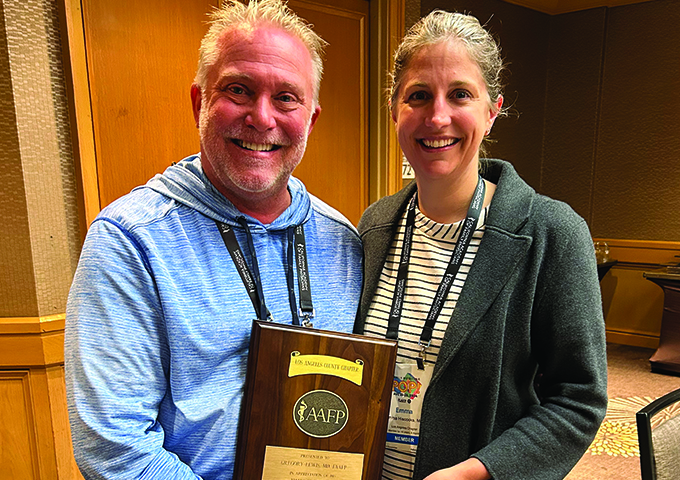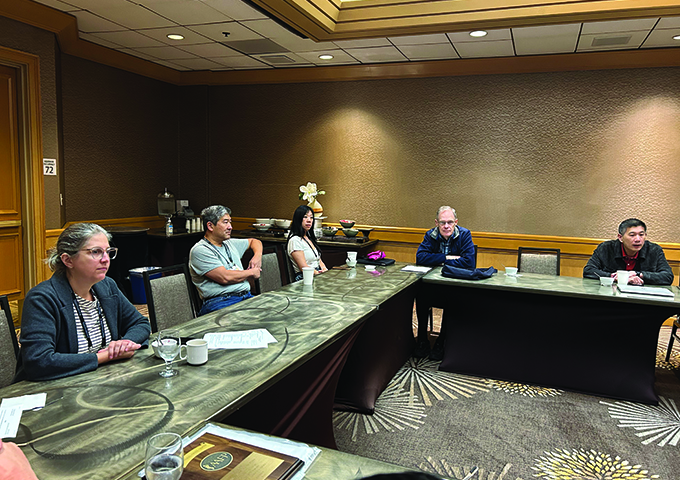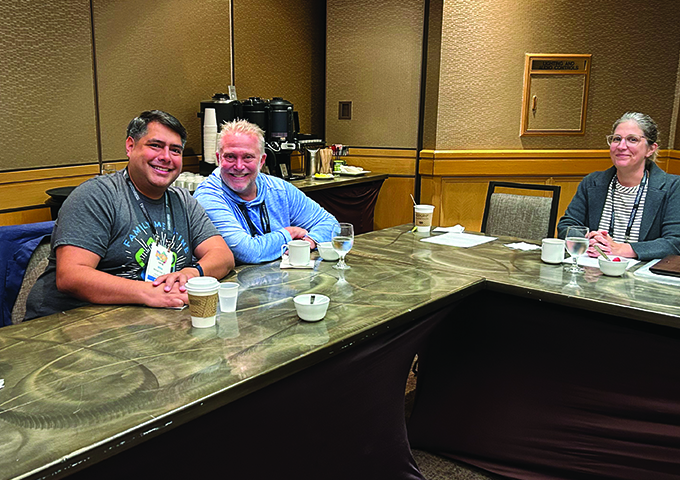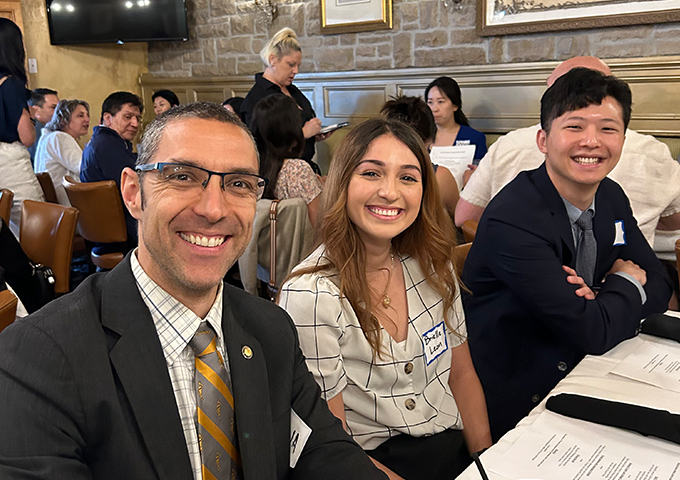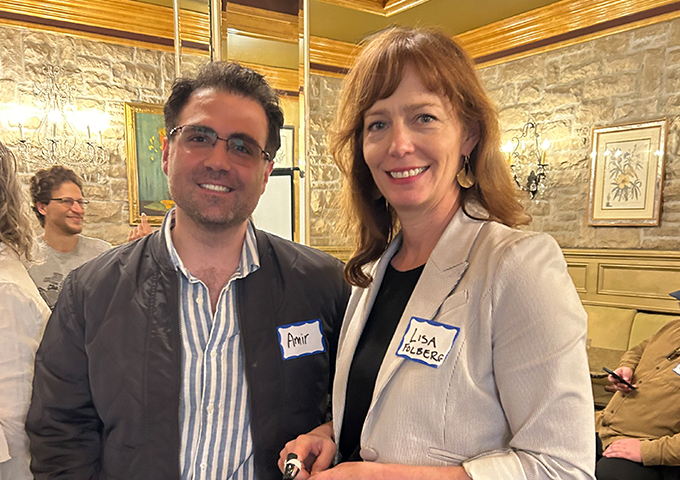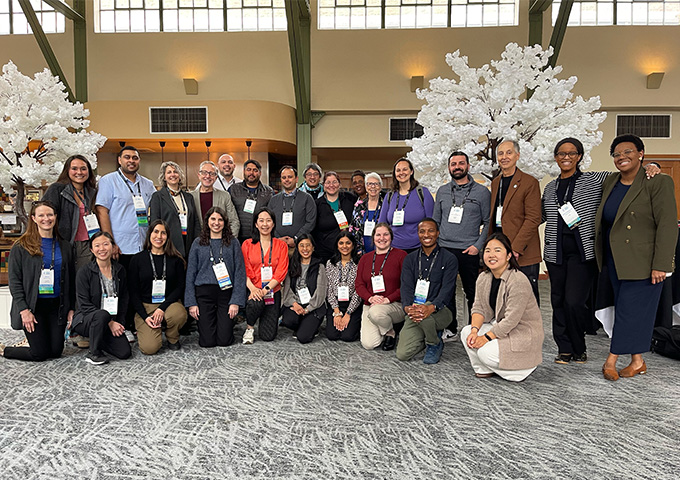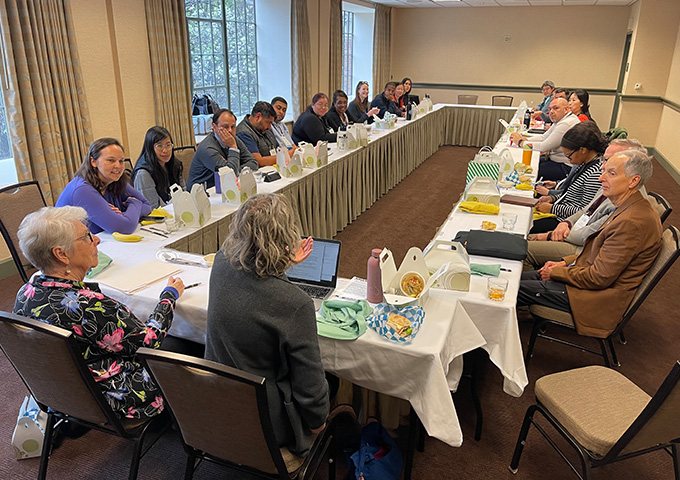
Among new California state laws:
- SB 639 requires primary care providers whose patient population is at least 25% over age 65 to complete at least 20% of their CME in gerontology, special care needs of dementia patients, or care of older patients.
- AB 1842 requires health plans to cover opioid overdose reversal and substance use disorder (SUD), without prior authorization or UR.
- SB 1320 requires health plans to reimburse primary care visits for mental health and SUD services.
- AB 2258 removes cost sharing for essential preventive care services.
- AB 2164 prohibits the California Medical Board from requiring license applicants to disclose certain conditions or disorders that do not impair their ability to practice medicine safely (in order to destigmatize physicians from seeking mental health services).
- AB 3030 requires health facilities using generative AI for patient communications to include notice of AI usage and how to contact a clinician. (“Big Brother is watching you?”)
- SB 1385 requires Medi-Cal managed care plans to allow physicians supervising community health workers to bill for emergency visits and outpatient follow-up.
- Prop 35 makes permanent the tax on managed care plans and prevents the state from redirecting funding elsewhere. (Much of the funding supports an increase in Medi-Cal payment rates.)
Stay up to date on fast-moving CAFP events at https://www.familydocs.org/advocacy/.
CAFP’s legislative priorities include:
- Advancing payment reform and transforming payment models, reducing administrative burdens, and fostering equitable care.
- Promoting primary care workforce growth, supporting physician well-being and reducing burnout.
The change of administration and seating of the new Congress in Washington, DC, is introducing more changes more rapidly than usual, along with appointment and congressional approval of new administration officials. There has been a flurry of new executive orders (subject to potential court review and/or Congressional modification). New actions included firing independent “watchdog” officials in government departments, attempting to withhold program funds previously appropriated by the Congress, and offering “buy-outs” to 2 million federal workers (without guarantee of payment after they resign). Many experienced federal workers may leave, some possibly replaced by new inexperienced personnel.
There is program uncertainty at universities, state and local governments, and other organizations reliant on federal funding. As the “dust settles” in Washington, you can stay up to date on fast-moving AAFP events at https://www.aafp.org/advocacy.html.

